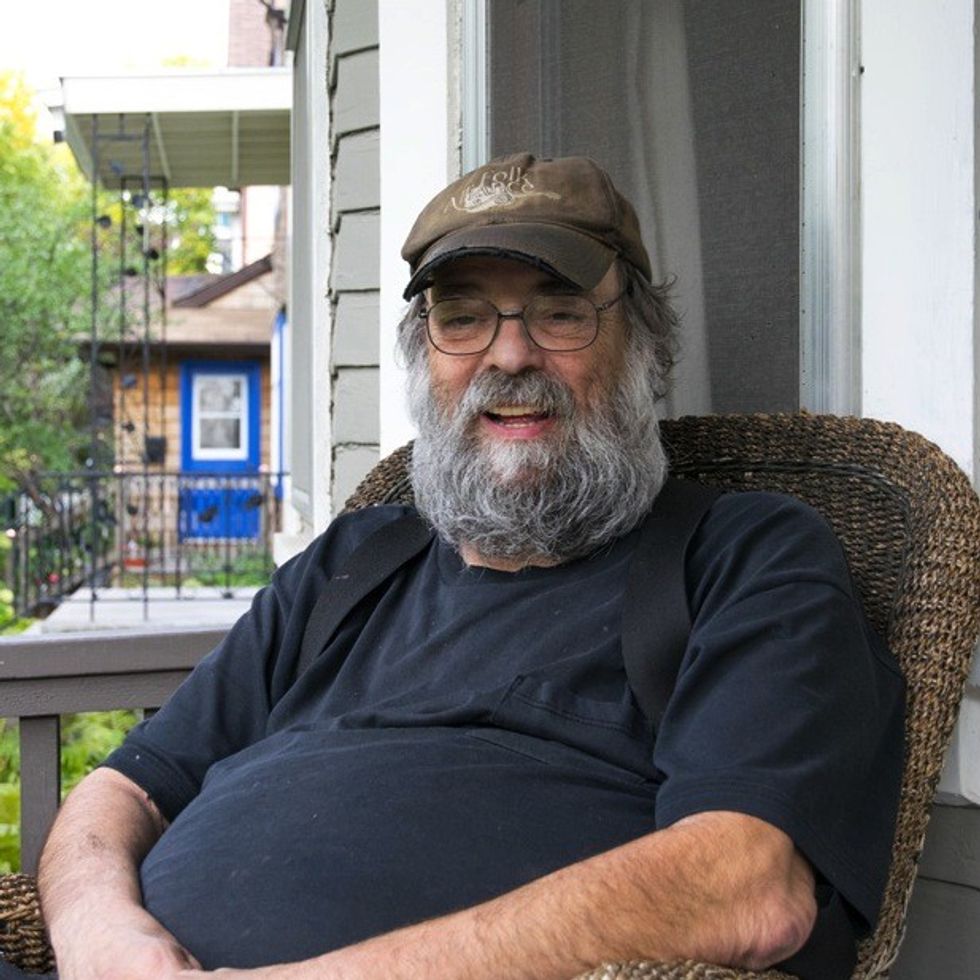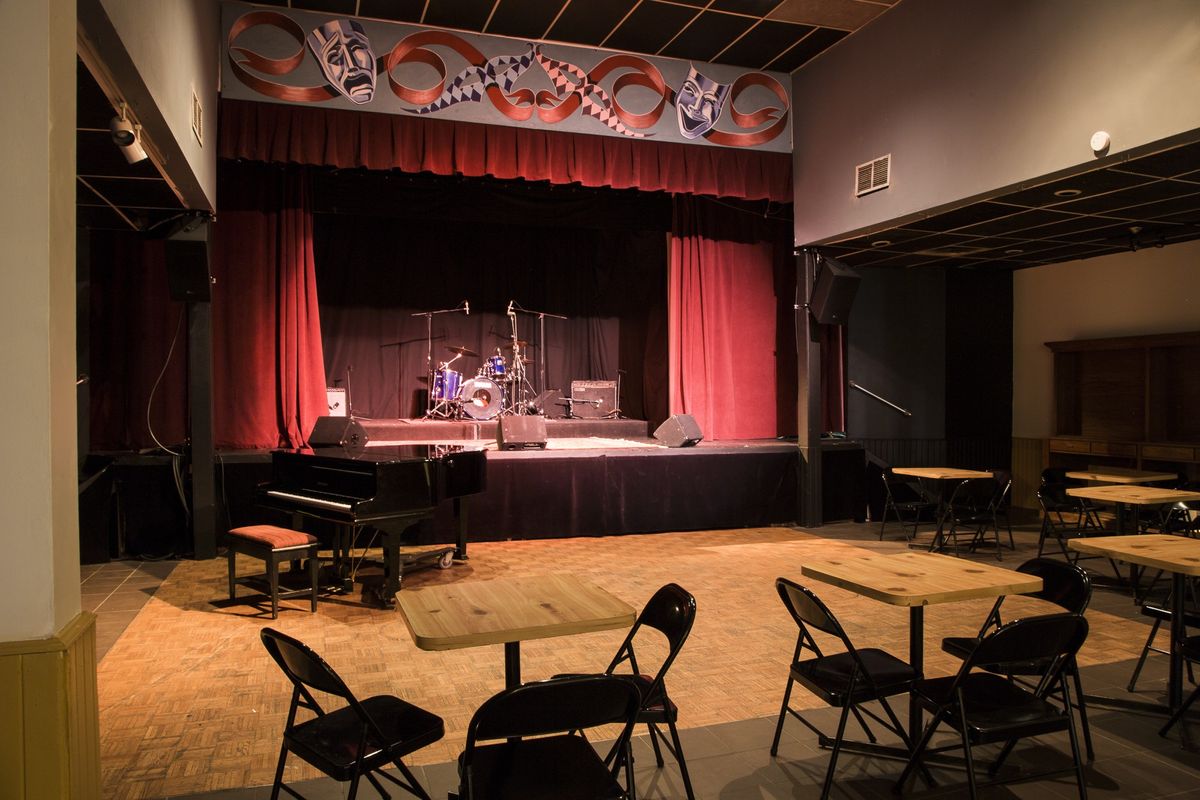
By Richard Flohil
NO. 1
In 1973 Mitch Podolak, out of the blue, called Estelle Klein, the artistic director of the Mariposa Folk Festival. Could she offer advice on how to run a festival?
Tired and probably talked out after her own festival, she asked for a fee for her advice and counsel. Hearing this, I took it on myself to phone him in her stead, without a fee, and offer what help I could.
For years afterward, Podolak recounted the call, doing a less than flattering imitation of my English/Transatlantic accent. When I asked him to stop, he told me, amiably enough, to fuck off; he said the story was better with his imitation, however badly it irked me.
NO. 2
Long before Guy Clark won his reputation as one of the best “Americana” songwriters, a friend in Los Angeles sent me a tape of four of the songs from his first album, Old No. 1, which had not been released in Canada.
I sent them, with an enthusiastic note, to Podolak. Several years later, in 1984, he booked him. Arriving at the Airport Inn — the decidedly low-rent motel which served as accommodation of all performers and guests — I met Clark, and his gracious wife, Susanna.
Podolak pulled me to one side. “Is he any good?” he asked. ”What’s he like as a performer?” I had no idea — but I reiterated that he was a wonderful songwriter.
“Well, he’d better be good, because he’s closing the show tonight,” Mitch said. ”If he’s lousy I’m holding you responsible.”
Clark went on to play the festival four more times, once in collaboration with his friend, Townes Van Zandt.
NO. 3
In the late ‘70s, Mitch had a cast-iron rule: NO electric instruments on stage. That would open the folk world to rock and roll; the thin edge of the wedge and definitely not in the Pete Seeger wheelhouse. There was one exception — Stan Rogers’ bass player did play an electric, albeit through a very small amp.
I’d arranged that one of Canada’s greatest guitarists, Amos Garrett would play the festival acoustically, and so he did — until he pulled out his trusty Telecaster for the last song, and played a superb version of his signature tune, Sleepwalk. It was the first time an electric guitar had been heard at the Winnipeg Folk Festival.
Mitch was furious, blamed me for encouraging Garrett to break the rule, and refused to talk to me for months. Eventually, thanks to the intercession of Rosalie Goldstein, the woman who later became his successor as the festival’s artistic director, we kissed and made up.
And Garrett, who has led the house band at the Edmonton Folk Music Festival for more than 30 years, went on to play Winnipeg three more times…

















